Disastrous Trump economic policies
The economic policies of US President Donald Trump are bleeding the US economy, impacting the average US consumer as well as adversely effecting global economic stability.
An economic superpower which has a large influence in the money markets around the world can bully other countries when it comes to things like deficits and imports and exports.
It can also break free from organizations like the WTO, since it doesn't believe in those trade rules, but bullying nations through tariffs to meet its own shortcomings can lead to economic disaster.
US President Donald Trump's economic policies are bleeding the US economy, impacting the average US consumer.
Has the US president placed all of his proverbial eggs into one basket with all his tariffs, hoping for a big payoff?
Many economists contend that Trump's economic approach has misfired.
One sure sign of it misfiring is the $1 trillion wiped off the stock market. Some call it a correction, but the figure is too big to recoup the losses.
Is this what Trump has called a short-term pain?
It is the high street that is now feeling the pain with inflation reported on many products, which also points to the possibility of a recession.
Economic indicators are not in favor of Trump.
There is some historical precedent for attempting to do some short-term economic pain in order to yield long-term gains. But, you know, the scale of today's global interconnectivity makes this outcome a little bit different.
You know, I'm actually kind of doubtful that we're going to be able to have long-term gains at this point, because we lack the engines of economic growth that we once had.
David J. Reily, Radio Host
We are close but not there on inflation. And you did see today's inflation print which, which says the same thing. I mean, we're, we've had made great progress toward 2%.
Jerome Powell, US Federal Reserve Chairman
Fed Chair Powell recently said that the expectations for inflation are that they should remain fairly sticky and be challenging to combat, and that it might take until 2026 before the year over year Core CPI ends up coming in around 2%, their target, so expectations from the Fed are still relatively elevated.
Sam Stovall, Investment Strategist, CFRA Research
We're a financial system with an economy, not an economy with a financial system. Once we used to export manufactured goods into the world. Today, we're exporting dollars.
I mean, we are currently facing a debt crisis in this country. We have $36.2 trillion worth of debt as of February, 2025 and 25% of that debt, about $9.2 trillion, needs to be refinanced within the next six months. This includes treasury bills, notes and bonds.
David J. Reily, Radio Host
Not surprisingly, investors are worried because they are responding to the direction of the market.
Yet I think you have to look longer term at inflationary expectations, GDP, growth prospects and corporate profit estimates and all of them we see advancing in the months ahead.
Sam Stovall, Investment Strategist, CFRA Research
So far, Trump's economic plan has been a disaster. His approach, which has to date only benefited large firms, can be described as an inflation time bomb.
Many have said a recession will definitely take place, and when it comes to the budget, that again, points to inflation, not to mention how Trump's budget would also spike deficits.
Not surprisingly, many Americans would blame Trump if the economy enters a recession, with many also blaming the Fed, and when it comes to the abysmal state of the stock market, again, Trump is blamed.
I'm not convinced that the tariff talk is the primary reason for this market route. There's certainly an argument to be made that Donald Trump is trying to drive investors towards United States Treasury bonds and out of things like equities and stocks.
Considering what we've done with Russia over the past several years by sanctioning them and freezing their treasury bills, I think that people, especially people outside of the United States, are fundamentally scared of the dollar.
They're fleeing the dollar. We've seen this with the creation of BRICS, for example.
The dollar has become a weapon that we use against foreign countries, foreign adversaries, and nobody's buying the T bills, nobody's buying the bonds.
So I don't think we're just headed for a recession. I think we're heading towards a depression.
David J. Reily, Radio Host
Many Americans see Trump's actions on the economy as too erratic, according to a Reuters Ipsos poll. Elsewhere, a new CNN poll found that Americans are negative on Trump's handling of the economy.
Is the US really heading into a recession in which the market turmoil is being driven partly by concerns over new taxes on imports?
Trump's economic troubles have put Republicans on the defensive. The administration is the in the very awkward position of explaining why Trump's election didn't lead to the promised economic boost.
We all know through history that tariffs, especially the Smoot-Hawley 1930 tariffs, caused the Great Depression. So I don't see any kind of hope or benefit or any kind of positive outcome from all these tariffs.
I can only see a future of pain and increased prices for the American people, even the last round of tariffs in Trump's first administration caused prices to increase.
Ed Opperman, Author
And the President ran on this campaign of building more housing.
This tariff, this tax, is really a tax on middle class Americans, middle class Americans who just want to build homes in their communities, and middle class Americans who at a time when they're dealing with wildfires, floods and hurricanes, are going to have to pay more, in some cases, 20 to 30 to 40% more, just to build their home or rebuild their home.
Ravi Parmar, British Columbia, Minister of Forests
Of course, Biden should have removed those tariffs if he cared about the American people, but he kept them, and that's why we had such an exorbitant increase in prices over the past four or five years.
Ed Opperman, Author
When Trump imposed tariffs aimed at China, during his previous stint at The White House early in 2018, the retaliation from China and other nations adversely affected the US economy, especially the agricultural sector.
Between mid-2018 and the end of 2019, more than $27 billion, $25.7 billion of which was tied to China had to be compensated with government payments to farmers.
Under normal circumstances, you would wonder a President is making these erratic comments back and forth. One day we want tariffs, a couple of hours later, we don't want tariffs. And you would say, boy, my goodness, this is erratic, this could not be good for the economy.
Ed Opperman, Author
We're extremely concerned by the announcement, not only of the threat of 200% tariffs on alcoholic beverages from Europe, from President Trump, but also the inclusion of US whiskey and other US spirits in the retaliatory list of the EU in response to the completely unrelated trade disputes on steel and aluminum.
Pauline Bastidon, Spirits Europe Director
Wall Street depends on stability, and I wondered for the past few months, why hasn't Wall Street reacted negatively to all this chaos and bouncing back and forth?
Ed Opperman, Author
This is a big problem. Canada supplies about 24% of US Steel and over 60% of US aluminum. So in the words of the Ford CEO, who probably says it and knows it best, this will blow a hole in their business.
So this is not good for industrials, automakers in particular, that's probably why the SB 500 on a sector basis, is being led on a decline by industrials today.
Eric Lynch, Managing Director, Scharf Investments
But we have a unique situation right now. We have a president who is guilty of 34 felonies. We have a president who has been found liable of fraud and fined $450 million. We have a president in office who was found guilty of defamation, of lying about a person. So that type of person could be doing this, creating this chaos, in order to manipulate the market. For instance, when he says, 'We're not going to have any more paper straws. We only want plastic straws', Now, that would cause the stock market, the stock value of plastic straws to increase and paper straws to decrease dramatically. So if he had that advanced knowledge, he could be tipping off his friends and his family and perhaps offshore accounts to make these market bets to benefit himself.
Ed Opperman, Author
The Trump administration had some big goals. They probably should have started with the short term gains, which would have been, in our opinion, an extension of the tax cuts in (20)17 and also, you know, some lighter regulatory touch. Instead, they've gone after the long term structural goals first, which are kind of rebalancing US trade and also trying to get more private dollars into the economy versus government spending. That is very difficult to do. It's gonna take a long time, and so that lack of certainty in the market is really kind of paralyzing consumers and businesses.
Eric Lynch, Managing Director Scharf Investments
Will Trump’s gamble on tariffs pay off? Will his ambition of bringing back manufacturing to the US pay off? Time will tell.
However, one thing is certain, if Trump angers enough countries, particularly its allies, then there will be economic alliances formed against the United States of America, such as those between China, Russia and Iran.
Exclusive: China voices support for Iran’s stability amid US threats
Border guards seize weapons, ammo cache from terrorists in southeast Iran
VIDEO | Brazil: Uba River floods destroy bridge and buildings, leave people missing
Iran-US negotiators take break after three hours of ‘very serious’ talks
VIDEO | ‘Clear stance’: Iran reiterates its nuclear rights as per NPT, intl. law
Press group: Israel accountable for two-thirds of 129 journalist fatalities in 2025
Iran summons Dutch ambassador to protest diplomat’s smuggling attempt
Iran’s rejection of nuclear weapons based on religious beliefs: Pezeshkian


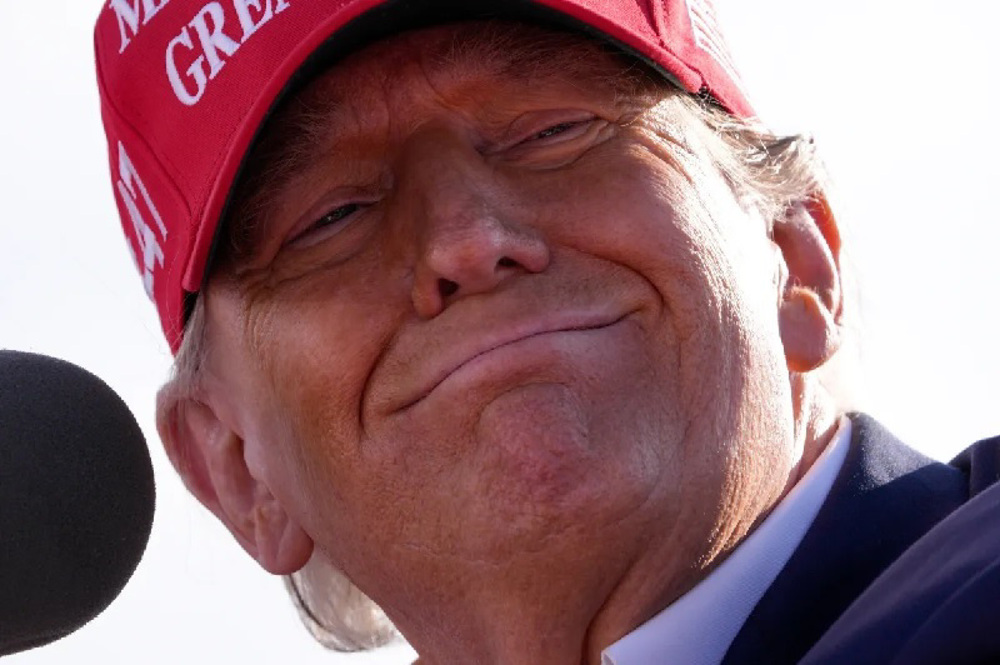
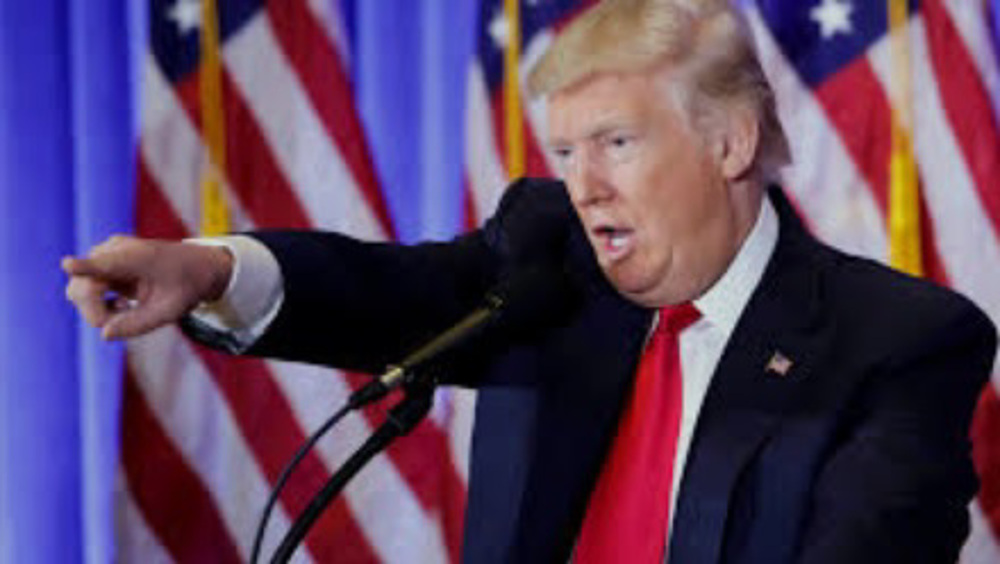
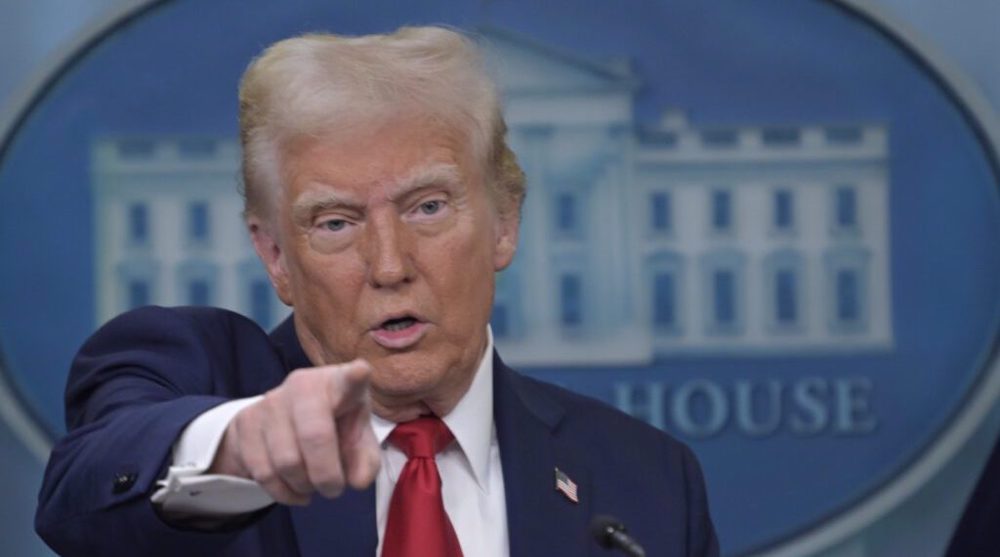

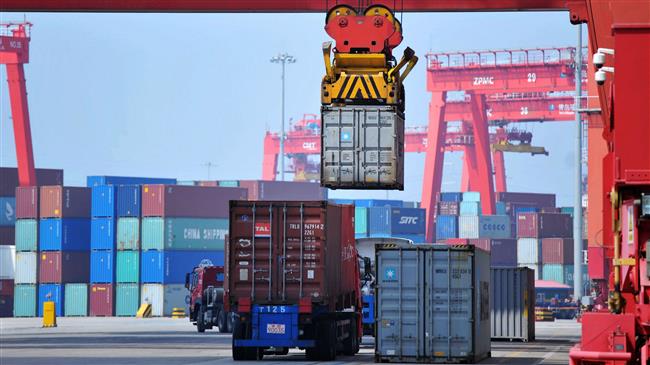
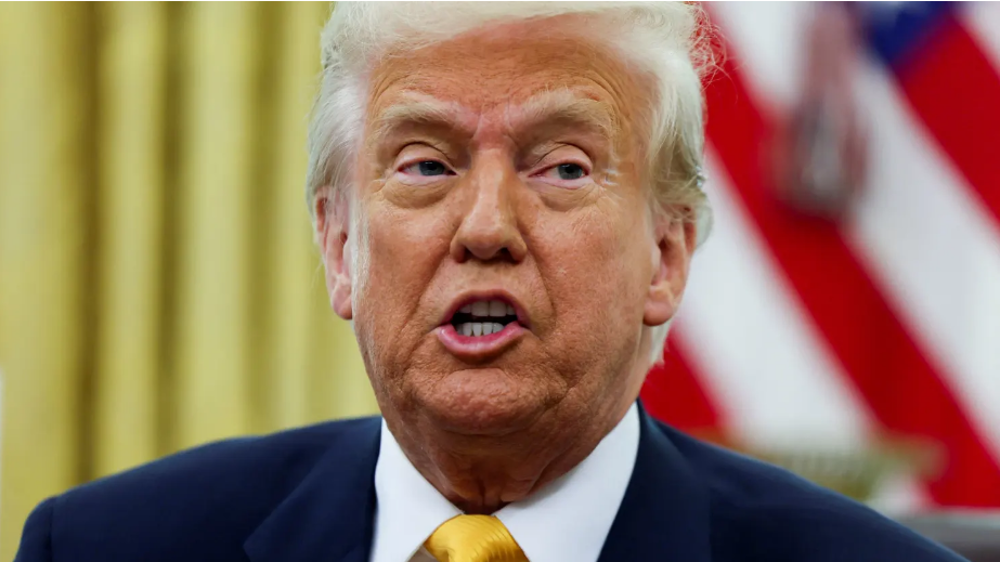
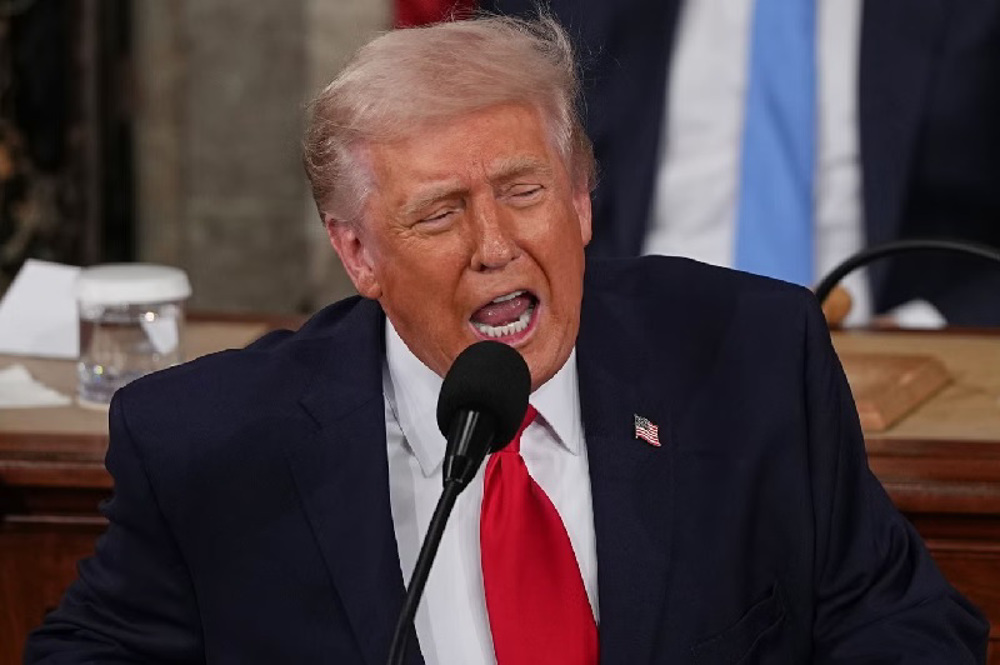

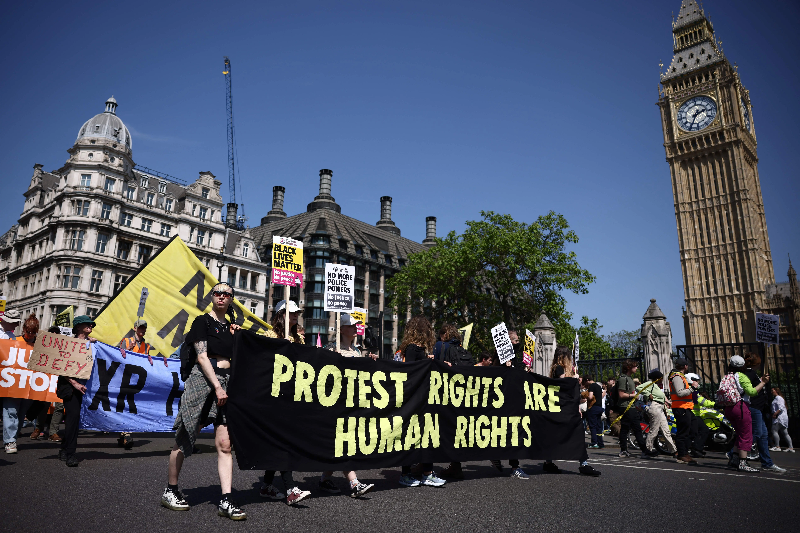



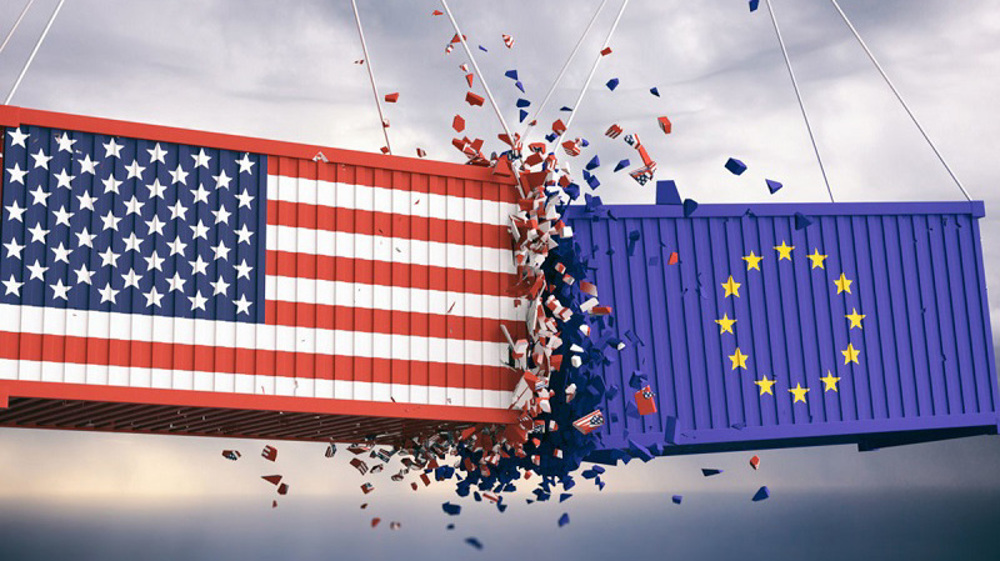
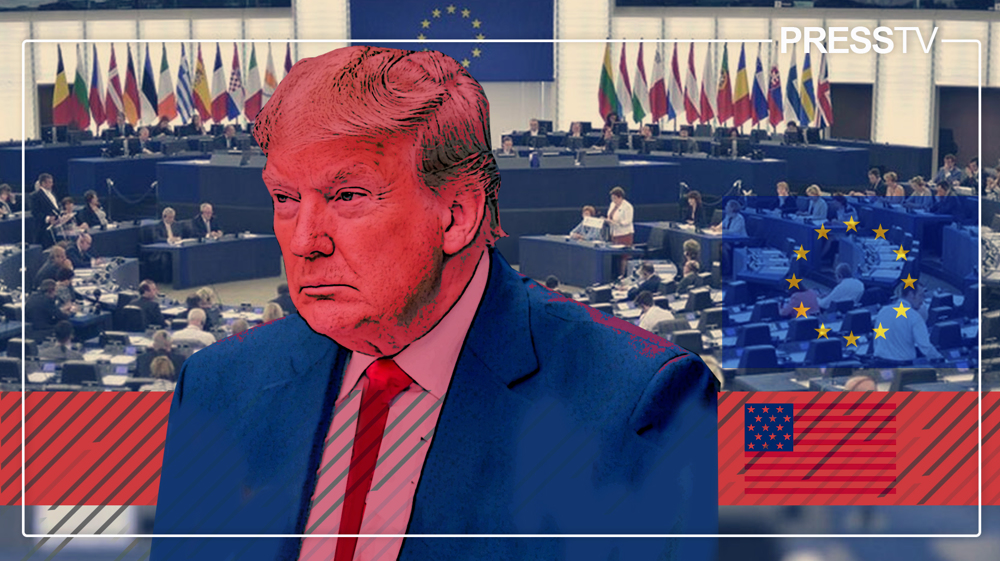
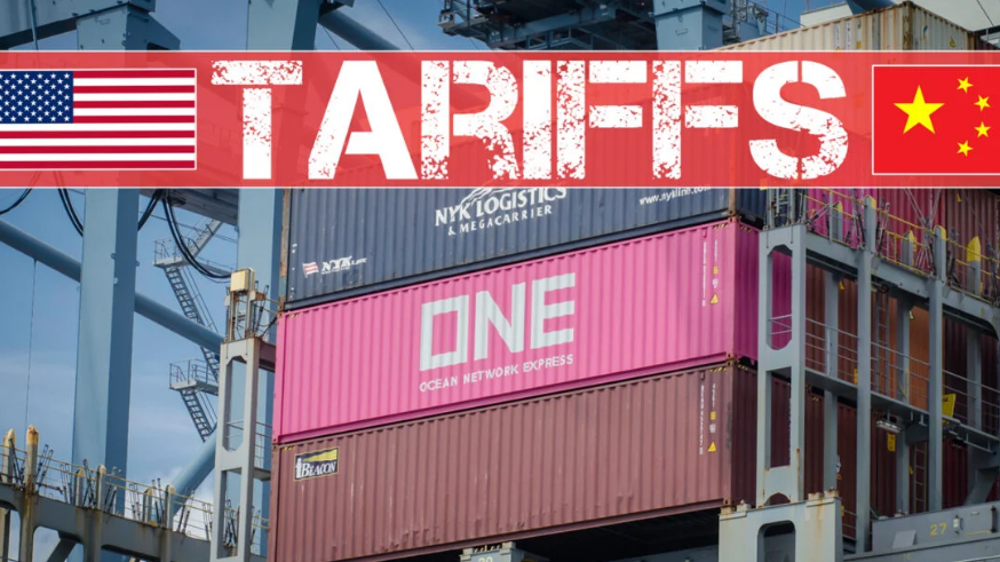
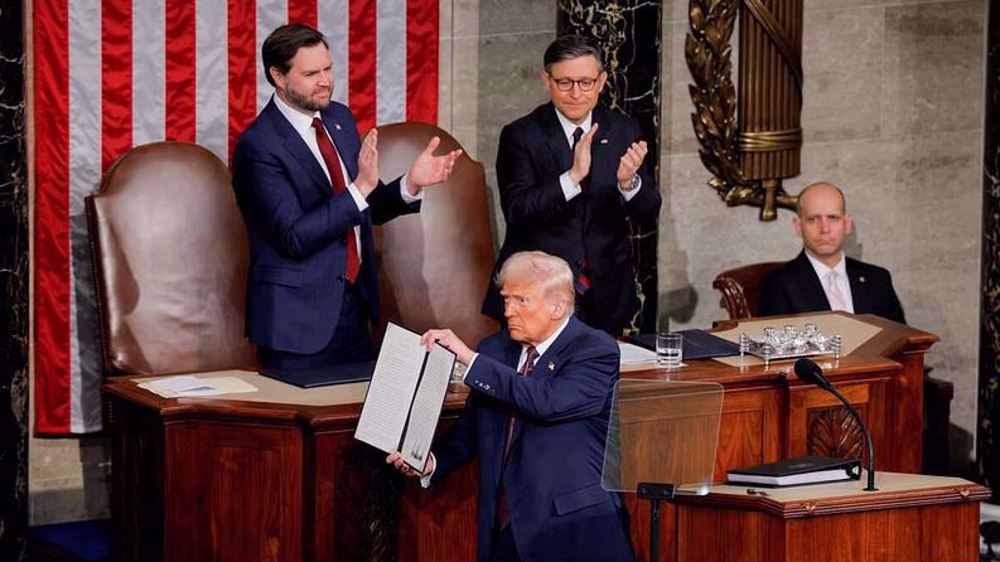
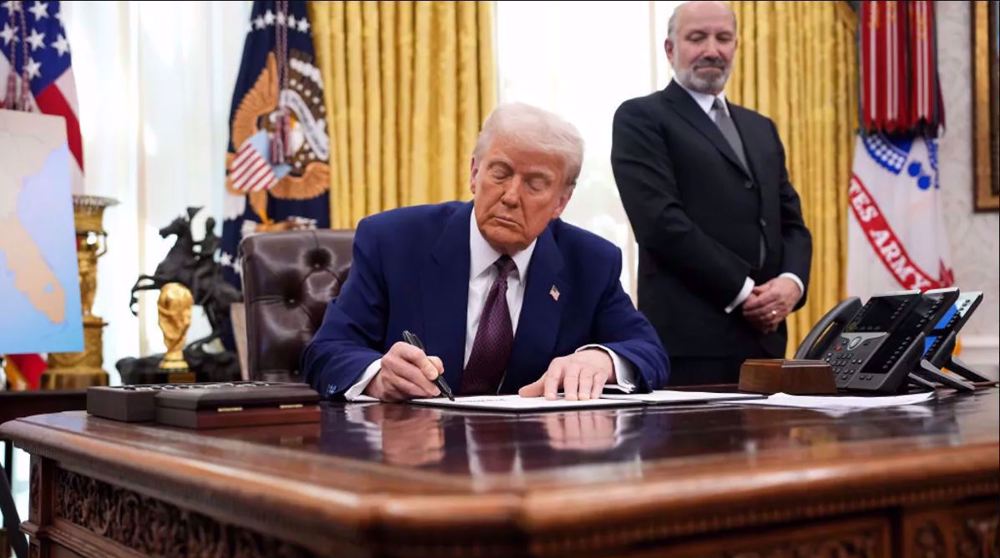
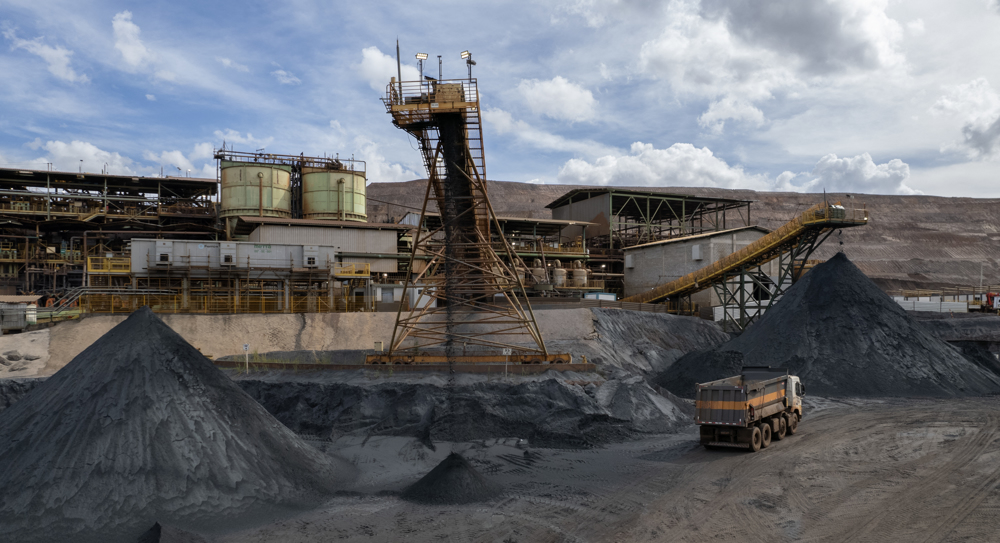
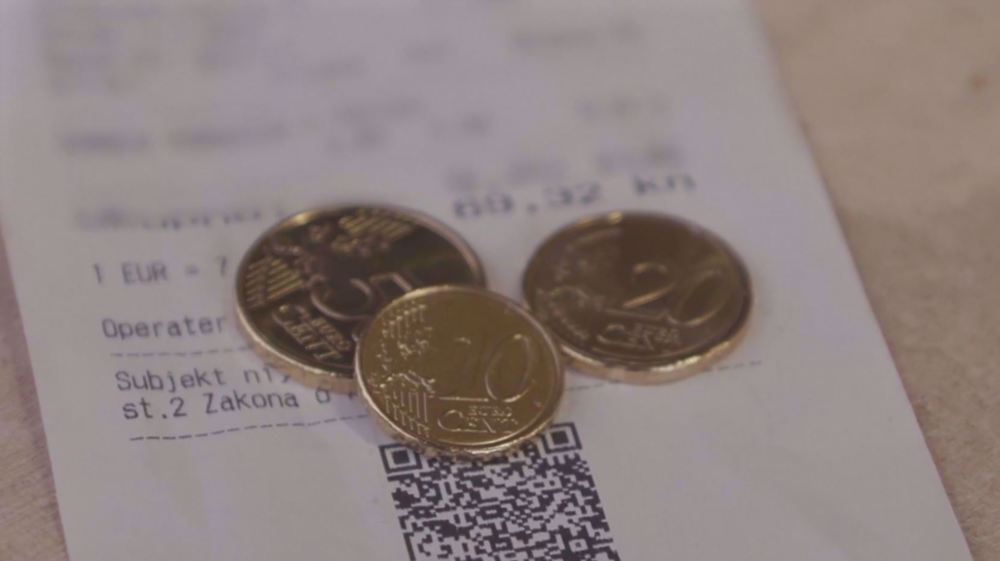
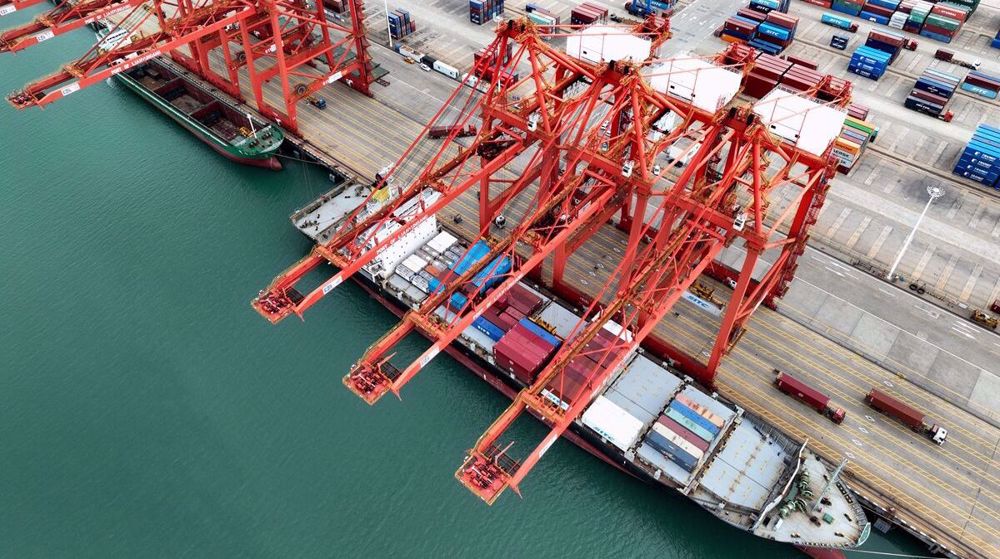
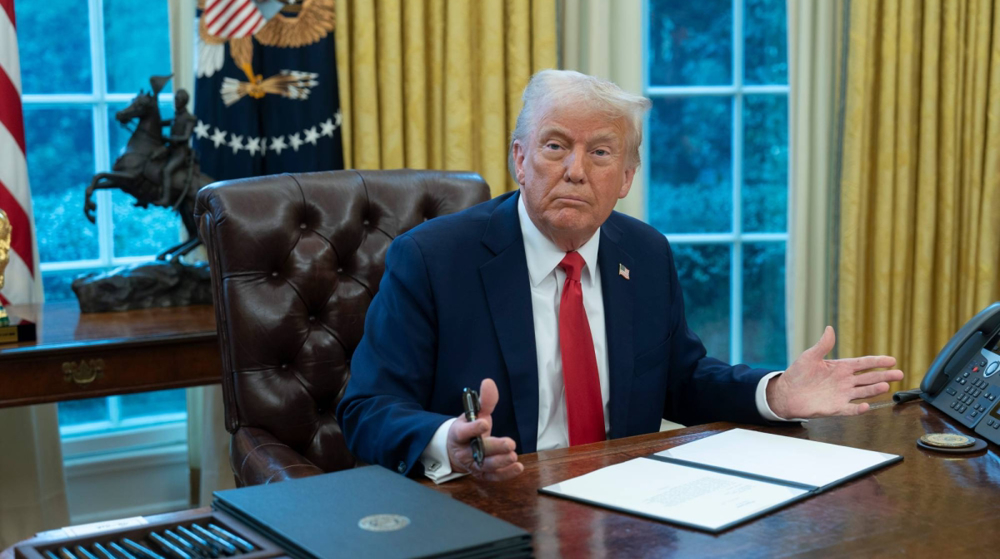

 This makes it easy to access the Press TV website
This makes it easy to access the Press TV website